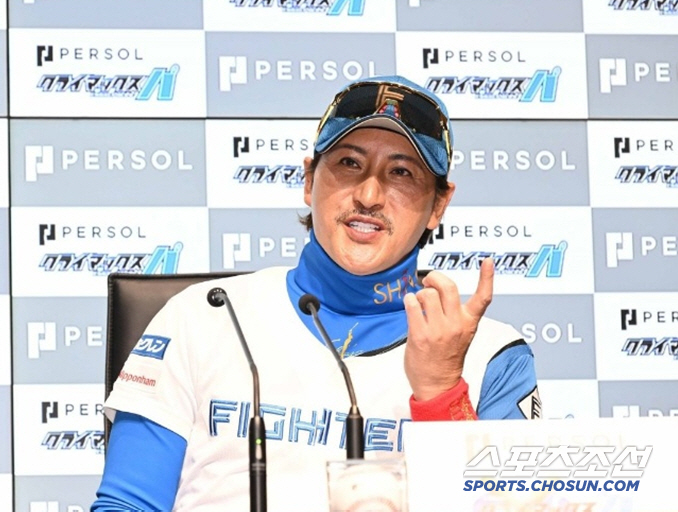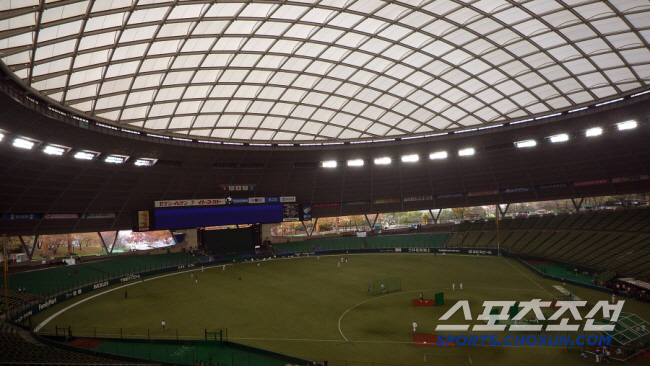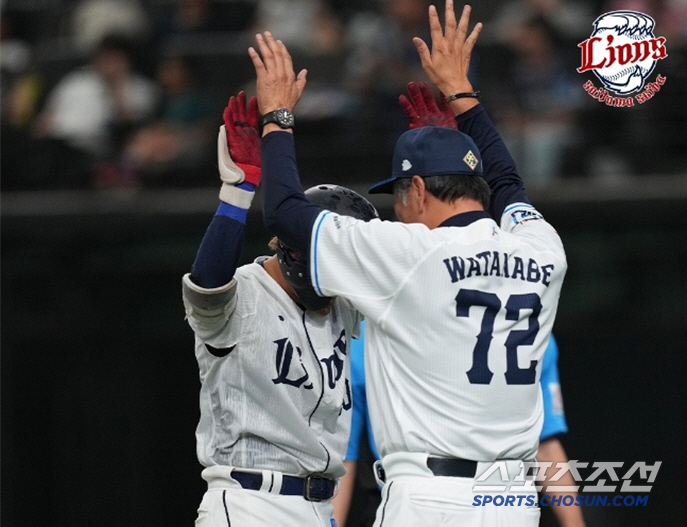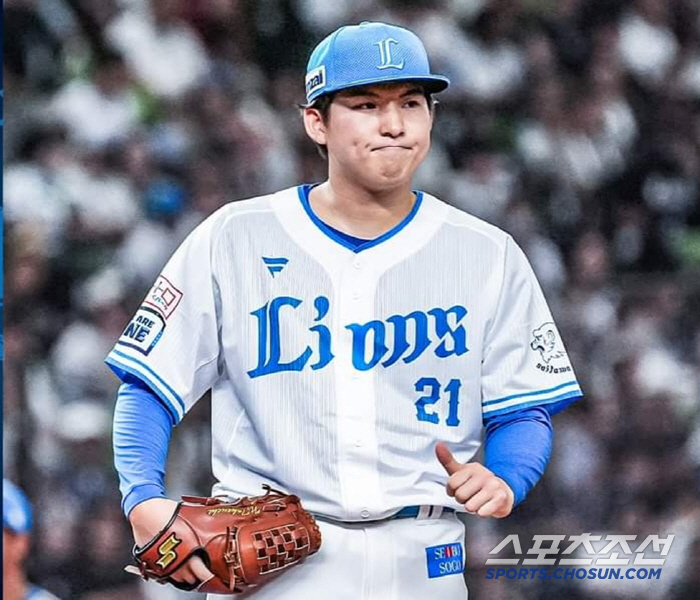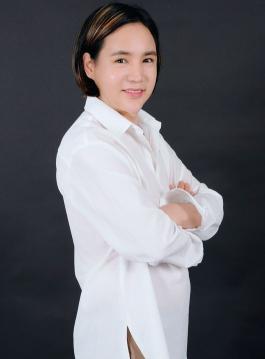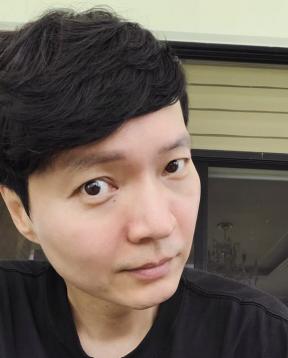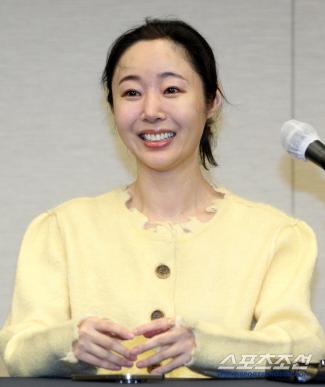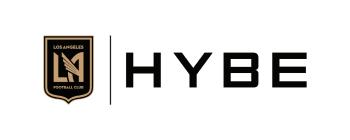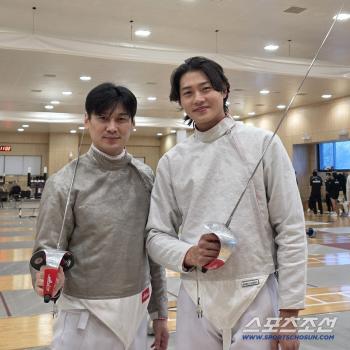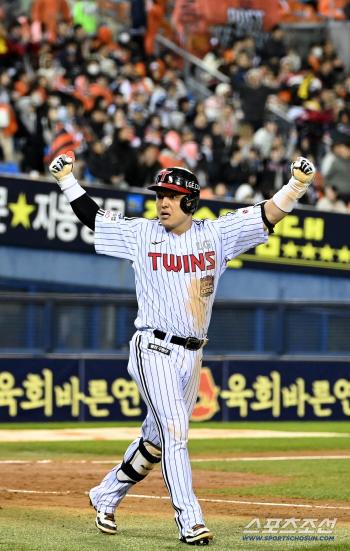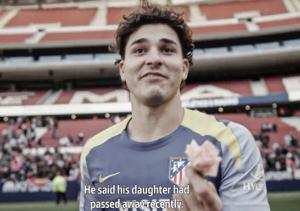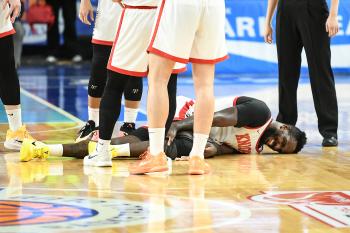Can the coach of another team, Kang Chu-ta, who was based in Seibu and Nagoya, talk about a specific team?
Mar 14, 2025
|
|
Nippon Ham Fighters coach Tsuyoshi Shinjo (53) mentioned the relocation. However, it is about the Seibu Lions, who belong to the same Pacific League, not the Nippon Ham team. Even if it's a personal opinion, it's unusual to talk about moving to another team's hometown.
Coach Shinjo, who met with reporters before the recent exhibition game, said, `It would be nice if Seibu went to Nagoya.' Takenori Emoto (77), a veteran baseball player who served as a senator, insisted on 'Nagoya relocation' on his YouTube channel, which he agreed with.
Coach Shinjo first mentioned the poor environment of Veruna Dome (Seibu Dome), Seibu's home stadium. It is very hot in summer and very cold in winter. It's been said for a while.
Veruna Dome is different from general indoor stadiums and domes such as Tokyo Dome, Banterin Dome (Nagoya Dome), and Sconfield. It is not designed as a dome stadium, but a roof is placed on a general ballpark. Rain and wind hit the space between the stand and the roof. It's a domed stadium, but there's no wall, so there's an out-of. In midsummer, the humidity is so high that it seems to be playing in the sauna among the playersThere is even a saying that "
Shinjo said, "It is attractive because the baseball fever in the housewives (central) region, centered on Nagoya, is very high." Nagoya, with a population of more than 2.3 million, is located in Aichi Prefecture in the central part of Honshu. It is the fourth largest city in Japan after Tokyo, Yokohama, and Osaka. Pacific League teams with six teams from Fukuoka in the west to Hokkaido in the northeast are easy to move around in the Japanese archipelago.
Veruna Dome is located in Tokorozawa City, Saitama Prefecture, near Tokyo. It is a metropolitan area near Tokyo. It takes a long time to travel when the road is congested.
|
Currently, only Tokyo has two professional baseball teams. The Yomiuri Giants and Yakult Swallows have their home turf in Tokyo. Nippon Ham moved to Hokkaido from Tokyo in 2003. Yokohama BayStars, Chiba Lotte Marines, and Seibu are located near Tokyo. There are virtually two teams in Osaka, the center of the Kansai region. Hanshin Tigers in Nishinomiya, Hyogo Prefecture, adjacent to Osaka's Orix Buffaloes.
Public opinion does not seem to be favorable to Shinjo's claim. Regardless of the justification, it is not desirable for other team managers to discuss the issue of a specific team's hometown. Shinjo, who is drawing attention for his unconventional words and actions, responds that it is inappropriate.
It seems practically difficult for Seibu to move its base. It is a problem linked to the identity of the Seibu club. The club's parent company, Seibu Group, is based on railroads. Saitama Prefecture is the business base. It connects Tokyo and Beruna Dome by Seibu Line. Seibu Group acquired the baseball team and built a nest in Tokorozawa in 1979. In 2008, Saitama was added to the team name to become the Saitama Seibu Lions.
|
This article was translated by Naver AI translator.
